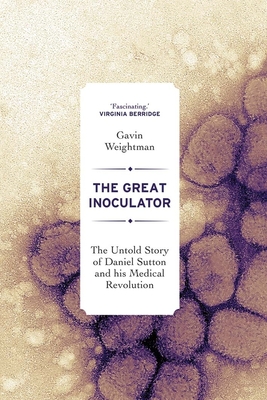Expedite your nonfiction book discovery process with Readara interviews, summaries and recommendations, Broaden your knowledge and gain insights from leading experts and scholars
In-depth, hour-long interviews with notable nonfiction authors, Gain new perspectives and ideas from the writer’s expertise and research, Valuable resource for readers and researchers
Optimize your book discovery process, Four-to eight-page summaries prepared by subject matter experts, Quickly review the book’s central messages and range of content
Books are handpicked covering a wide range of important categories and topics, Selected authors are subject experts, field professionals, or distinguished academics
Our editorial team includes books offering insights, unique views and researched-narratives in categories, Trade shows and book fairs, Book signings and in person author talks,Webinars and online events
Connect with editors and designers,Discover PR & marketing services providers, Source printers and related service providers

The Great Inoculator: The Untold Story of Daniel Sutton and His Medical Revolution
Medical > History
- Yale University Press
- Hardcover
- 9780300241440
- 8.6 X 5.4 X 0.9 inches
- 1 pounds
- Medical > History
- (Single Author) Asian American
- English
Readara.com
Book Description
Smallpox was the scourge of the eighteenth century: it showed no mercy, almost wiping out whole societies. Young and old, poor and royalty were equally at risk - unless they had survived a previous attack. Daniel Sutton, a young surgeon from Suffolk, used this knowledge to pioneer a simple and effective inoculation method to counter the disease. His technique paved the way for Edward Jenner's discovery of vaccination - but, while Jenner is revered, Sutton has been vilified for not widely revealing his methods until later in life.
Gavin Weightman reclaims Sutton's importance, showing how the clinician's practical and observational discoveries advanced understanding of the nature of disease. Weightman explores Sutton's personal and professional development, and the wider world of eighteenth-century health in which he practised inoculation. Sutton's brilliant and exacting mind had a significant impact on medicine - the effects of which can still be seen today.
Author Bio
At school I did not study history and my interest in the past was not excited until I took a degree in sociology at Bedford College, London University. It was an old-fashioned course which included a great deal of social and economic history which I had never come across in school. Our professor, the flamboyant Oliver McGregor was keen on agricultural history and harangued us about the iniquities of the enclosure of land and the importance of innovations in ploughing techniques.
It was at Bedford College ( which is long gone ) that I first began to study the industrial revolution, a huge subject that has fascinated me ever since. I had worked as a local journalist for five years before I went to university, by which time I was twenty-two. I went back into journalism writing features and leaders before joining New Society magazine (which is also long gone ) in 1974. In the four years I was there I wrote on a huge range of subjects, including the history of poaching in Britain and developed an interest in housing and many social issues. Read more..
Quite by chance I was invited to join London Weekend Television's Friday night current affairs show The London Programme as a reporter. I knew nothing at all about television at first but in time became a producer, then a producer-director and the author of many programmes which I also wrote and narrated. My background in social history was invaluable as I tackled the history of London in two series of The Making of Modern London. I had always had an interest in wildlife and I had the luck to be given the opportunity to make a series called City Safari and later Brave New Wilderness. With the London history series I had started writing books, along with Steve Humphries who worked with me as an associate producer. Steve is still making wonderful television programmes with his own company Testimony Films based in Bristol.
Source: gavin-weightman.co.uk
Videos
No Videos
Community reviews
No Community reviews

